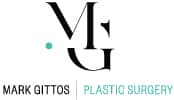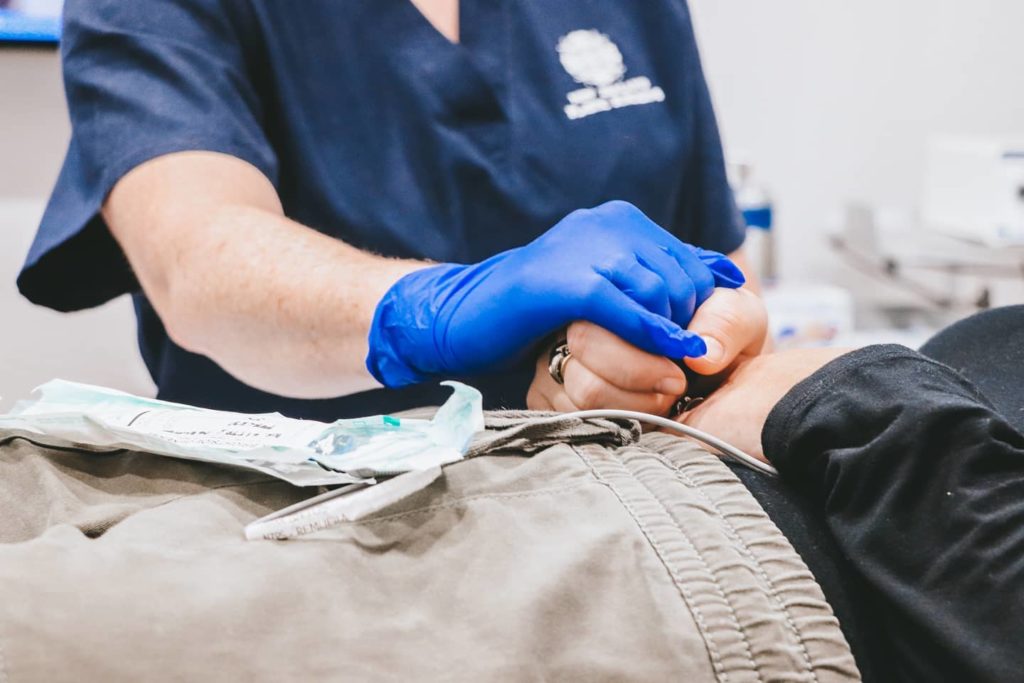De Quervain’s tenosynovitis: Symptoms, treatment, and management
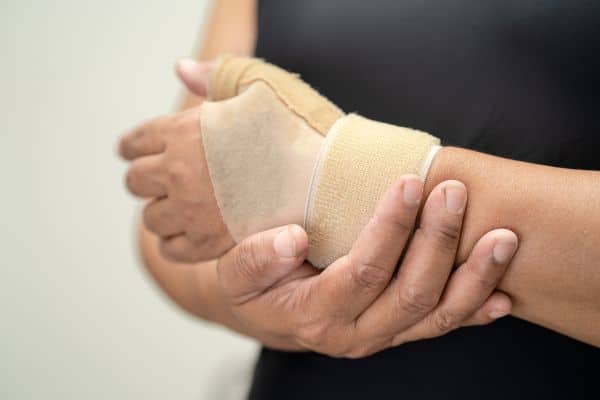
What is De Quervain’s tenosynovitis?
Pain in your thumb: Is it De Quervain’s syndrome? – De Quervain’s tenosynovitis is a painful inflammatory condition that affects the wrist and thumb. Other names for this condition include De Quervain’s disease, De Quervain’s syndrome, or gamer’s thumb. The symptoms happen as a result of an inflammation in the tendon that passes through your wrist to reach your thumb.
The exact cause of De Quervain’s is still unknown, however, it can be triggered by certain activities that require repetitive movements of the wrist and thumb, like playing video games, gardening, playing tennis, among others.
Symptoms of De Quervain’s
The common symptoms of De Quervain’s syndrome include:
- Pain and swelling at the base and back of your thumb
- Difficulty mobilizing your wrist and thumb
- Pain and swelling at the side of your wrist
If the condition is left untreated, the pain may become worse and extend to involve more of your thumb and forearm. The pain is usually exacerbated by hand gestures that include pinching or grasping. If you have any of these symptoms, you might have De Quervain’s tenosynovitis, and you should discuss the matter with your doctor during your routine check-up.
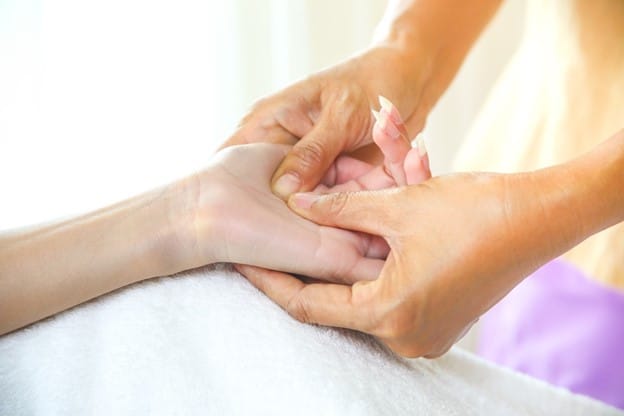
Causes of De Quervain’s tenosynovitis
Doctors are still not sure what exactly causes De Quervain’s syndrome, however, we do know that some activities might trigger it:
- Traumatic injury to your thumb or wrist
- Playing video games
- Activities like gardening
- Sports like tennis
- Medical conditions like rheumatoid arthritis
- Work tasks that include repetitive pinching or grasping gestures
- Overuse of your thumb and wrist
These triggers can cause the tendons going towards your thumb to become inflamed, which is the hallmark of De Quervain’s disease. You can think of tendons as cords that connect the muscles in your forearm to your thumb. When the muscles contract, the tendons pull on your thumb to make it move. These tendons pass through a tunnel in your wrist to reach the thumb. Overuse of these tendons can make the surrounding connective tissue tunnel (or sheath) to become inflamed. Inflammation will make the sheath swell and thicken, which subsequently causes the symptoms of De Quervain’s tenosynovitis.
Risk factors of De Quervain’s tenosynovitis
Doctors have been able to identify a few factors that would make you more likely to develop De Quervain’s syndrome:
- Age: People aged between 30 and 60 are more likely to develop the condition
- Sex: Women are up to 10 times more likely to develop De Quervain’s syndrome
- Pregnancy: Pregnant woman have a higher risk
- Certain jobs or sports: Physical activities that include repetitive thumb and wrist motions can put you at risk of developing De Quervain’s disease.
Diagnosis of De Quervain’s
De Quervain’s syndrome is usually diagnosed without the need for any special imaging or blood tests. Your doctor will examine you and ask you about your symptoms to establish the diagnosis. He will palpate your hand to see where the pain is and to try to feel any nodules. He will perform a test called Finkelstein test, where you’ll be asked to bend your thumb across your palm and close your fist over it. If you feel pain at the base of your thumb or side of your wrist, you are likely to have De Quervain’s disease.
Treatment of De Quervain’s tenosynovitis
Conservative management
- Lifestyle changes: this includes things like avoiding overusing your thumb and wrist or applying ice packaging when you feel pain.
- Splinting: You might be asked to wear a splint at night for a few weeks to keep your thumb still while you sleep.
- Physical therapy: Stretching exercises and physical therapy sessions may help manage your symptoms
- Anti-inflammatory drugs: You might be prescribed anti-inflammatory drugs such as aspirin or ibuprofen to handle your pain.
If Conservative management is usually effective, and you can start noticing results after a few weeks. Should conservative measures fail to bring relief – then a surgical solution may be considered.
Procedures for De Quervain’s tenosynovitis surgery
- Steroid injections: Steroids have an extremely potent anti-inflammatory effect. Dr. Mark might inject corticosteroids around the affected tendon to reduce its inflammation and improve your symptoms. Multiple sessions may be required to achieve recovery.
- Surgery: Dr. Mark might recommend surgery to treat De Quervain’s syndrome. The surgery is called tendon sheath release surgery. Dr. Mark will make a small incision and try to surgically release the inflamed tendon from the surrounding tissue to help it move more freely.
Recovery after Surgery
If you undergo surgery, you should expect some pain, swelling, and bruising after the operation. You might be asked to wear a splint for some time. Physical therapy is also recommended after surgery to regain full function of your thumb and wrist.
Complications and Risks of Hand Surgery
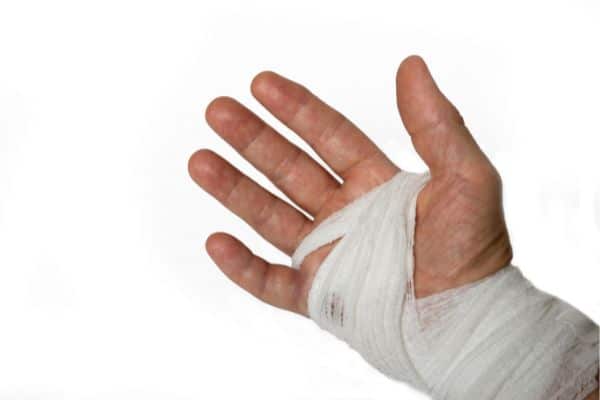
Hand surgery incurs risks and complications like all invasive surgery. Dr Gittos will make you aware of potential complications during your consultation. This includes general anaesthesia risks, bleeding (Hematoma), infection, wound healing, deep vein thrombosis, scarring and numbness. Always stay informed and healthy, do NOT smoke before or after your procedure and read & understand your risks of surgery.
Further Reading and Medical Sources:
- UpToDate article on de Quervain tendinopathy
- AAOS OrthoInfo article on De Quervain’s Tendinosis
- American Society for Surgery of the Hand on De Quervain’s Tenosynovitis
Finding a Hand Surgeon in Auckland
For many men & women in New Zealand suffering from hand or finger pain, having hand surgery is a life-changing experience. There are many qualified hand experts and plastic surgeons, but it is always best to find one who is experienced in hand surgery procedures. Find an experienced surgeon who you feel comfortable with and have a look at their online reviews to find out what their past patients say.
Dr Gittos has a current FRACS membership and significant hand surgery experience.
Why Choose Dr Mark Gittos – Auckland Plastic Surgeon?
With a wealth of surgical experience and training, Dr Gittos is dedicated to best-practice patient care and education, customising Hand Surgery for each and every patient to best meet their needs and desired surgical outcomes.
Make an Appointment for a Hand Consultation with Dr Gittos
If you have any symptoms that might be part of De Quervain’s syndrome, give us a call to make an appointment with Dr. Mark Gittos in Auckland, New Zealand. Dr. Mark is a plastic surgeon who is experienced in treating hand disorders, such as trigger finger, De Quervain’s syndrome, cubital and radial tunnel syndromes, carpal tunnel syndrome, ligament disorders, and tumours or ganglions. Come visit us to get a full assessment of your conditon and learn about your treatment options.
About Dr Mark Gittos FRACS (Plast) – New Zealand Plastic Surgeon
Practice locations in Herne Bay Auckland, Northland and Bay of Plenty – Kerikeri, Whangarei, New Plymouth & Tauranga
Dr Mark Gittos is a leading Specialist Plastic Surgeon and operates a practice in Herne Bay, Auckland and in the UK. The practice focuses on both surgical and non-surgical procedures, each designed to help restore, improve or change a physical characteristic or problem. The first step in every case is to talk through your personal requirements and explore all the options, before deciding on the most effective solution.
Dr Mark Gittos offers high quality, natural-looking cosmetic surgery results and is highly experienced in Breast, Body and Face Surgery having performed over 4000 Surgeries in the last 26 years. With worldwide expertise Dr Gittos is an expert in breast, face and body surgery for men & women.
Naturally, before any treatment is begun, we will explain clearly the advantages and risk factors; so that you have the information you need to make an informed decision that is best for you. Visit the practice to find out more.
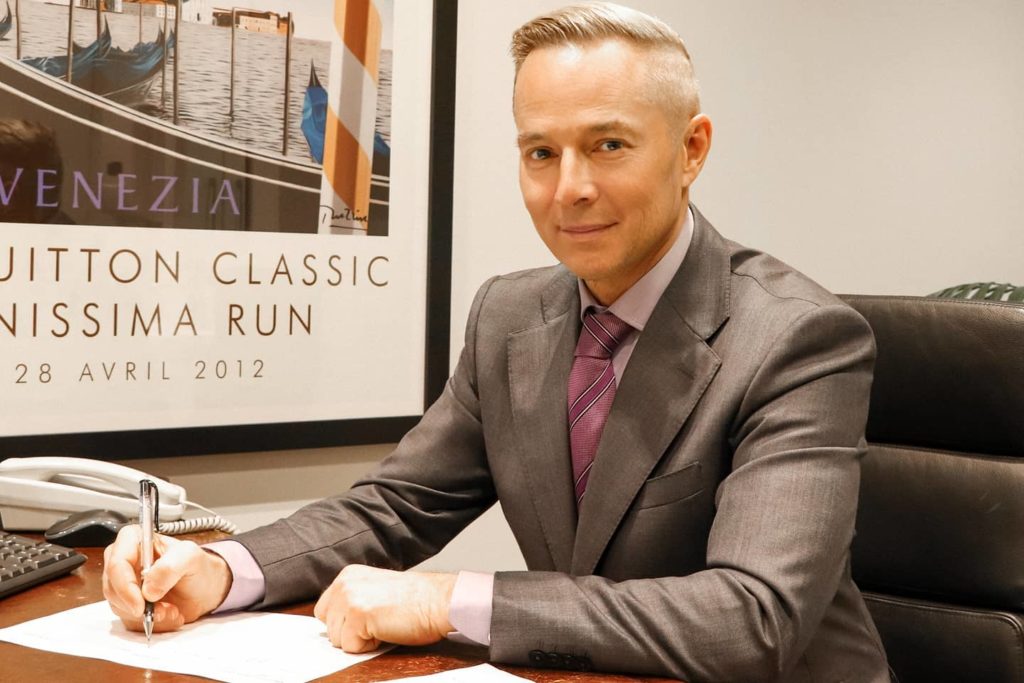
NEXT STEPS
Please NOTE: Dr Gittos only performs surgery on non-smoker patients with a BMI less than 30. To check your BMI please visit the NZ Heart Foundation website. For help giving up smoking before surgery visit the Smoke Free website
Do your Research
- Read the Website and Blogs relevant to your procedure
- Browse our Frequently Asked Questions including how to choose a Surgeon for your procedure
- Download and read the FREE Guides to Surgery
What to Bring to your Plastic Surgeon Consultation
- Bring a friend or relative to help discuss the information and your choices
- Take lots of notes and read the documents provided thoroughly
- Dress in simple clothes as you may need to undress for examination
- Bring your medical referral and any relevant medical documents or test results
Book your Initial Surgery Consultation
- A Referral from your GP or specialist is helpful but NOT essential – you can have a consultation without a GP Referral
- Email us or Call on 09 529 5352 to arrange your surgeon consultation appointment.
- Book a consultation with Dr Gittos by paying the Consultation Fee – $350 incl GST
Traveling for Surgery? – Consider post-surgery luxury recovery in a Hotel with LuxeCare
Please contact us to arrange to book a consultation with our Specialist Plastic Surgeon or to speak with our Patient Care Advisor.
Send an enquiry form today or phone 09 529 5352 during Clinic Hours
